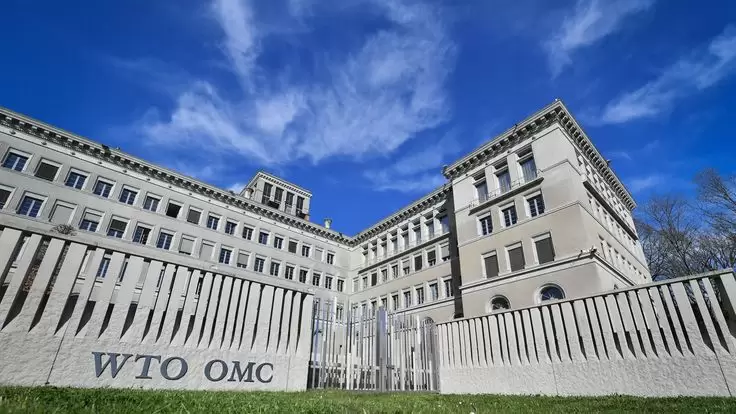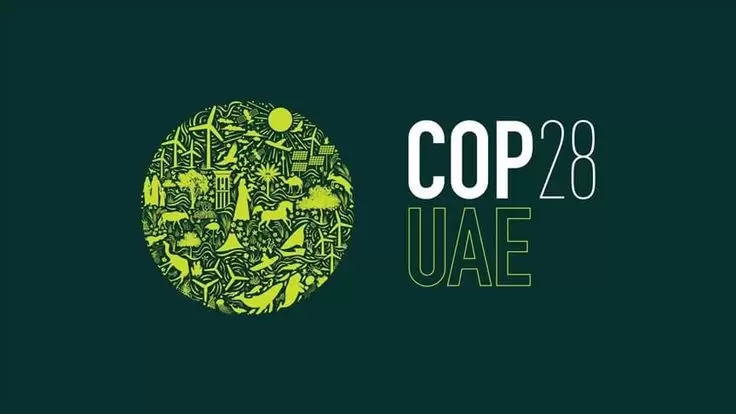About USA- China

“If someone wishes, in the name of reform, to put China in a tailor-made straitjacket of trade rules to constrain China’s development… they will be very much disappointed,” stated China’s ambassador to the WTO, Zhang Xiangchen, at a WTO conference in Paris in November 2018.
As the world prepares for the WTO’s 13th Ministerial Conference (MC13) on 26 to 29 February 2024 in Abu Dhabi, United Arab Emirates the main focus of the WTO reform push to date has been dispute settlement, prompted by the crisis over the future of the Appellate Body. Among the main comestibles include steps to ensure the completion of appeal proceedings in a 90-day time frame and introduce annual meetings between WTO members and the appellate body and the expansion of the appellate body by adding two new members and creating an automatic selection process to replace members. It further advocates modifying term limits for members from two four-year terms to one term of six or eight years.
On their part, the African Group, India and Cuba calls for strengthening the WTO to promote development and inclusivity. The suggestion is the priorities for WTO reform must include, among other things, strengthening the multilateral character of the WTO, reaffirming the principles of Special and differential treatment (S&DT) and keeping development at the organization’s core. China on its part has fully endorsed reforms in the WTO by calling upon the organization to close loopholes and ensure fairness by protecting interests of developing countries.
But are will the garb of sweeping reforms for sweeping reforms become a possible trap for China and other developing countries? On its part, the United States accuses China of bad behavior using the theory of “three noes” That China is a non-market economy country, China’s economic system is incompatible with the WTO, and China is no longer a developing country and therefore not entitled to enjoy special and differential treatment at the WTO Does the United States regards the WTO reforms as a new platform for great power rivalry? Let us have this conversation
Third China-Africa Peace and Security Forum
The basis of China’s relations with Africa-its formal commitment to sovereignty, non-interference, equality and mutual respect-has formed an attractive contrast to that of the West. China is fully committed to its values of engagement: playing a just, impartial and positive role to help Africa build up its own peacekeeping capacity; addressing root causes as well as symptoms of major challenges; and pursuing win-win cooperation.
Africa is also eager to identify relevant measures for the implementation of the China-Africa peace and security initiative, in line with Africa’s current situation and actual needs.
The third China-Africa Peace and Security Forum was a suitable move toward the implementation of the peace and security initiatives agreed upon at the FOCAC 2018 summit and the global security initiative.

The demand for critical materials is creating a new global energy economy. Yet in the open letters from COP28 President Sultan Al-Jaber setting out the main items for discussion in Dubai, critical minerals are noticeably absent. This contrasts with warnings from the International Energy Agency (the IEA) and the International Renewable Energy Agency (IRENA) that with demand soaring, COP28 should focus on the vulnerability of the critical minerals supply chain.
The haunch is Partnership for Global Infrastructure and Investment (PGII )team is going to shape opinion on the side-lines of the climate talks to be on critical minerals and the supply chains needed for the green energy transition. is this a strategy to dilute China’s growing influence in critical minerals production?
The Nairobi Climate Summit
The African climate summit in Nairobi-Kenya from September 4th to 6th agreed on a pathway to the continents modernization driven by renewable energy.
While Africa’s transition to cleaner energy cannot be reversed, a deeper introspective debate is urgently needed on how to sustainably fund the continent’s new radical and ambitious energy transition, and on how fast or slow this shift should be.
Africa’s grievances on climate change are legitimate. The continent emits only 4% of the world’s green gases but bears the full brunt of the devastation brought about by long-term shifts in temperatures and weather patterns.
Africa’s 1.46 billion people are paying for the sins of the developed world, which has contributed to 79 percent of historical carbon emissions.
Fitting the African Agenda 2063, Africa’s development master plan, into the model of completely DE carbonizing growth proposed by the Nairobi Climate Summit is like a square peg in a round hole.
The Nairobi Climate Summit ushered in a new malign climate-based international division of labor in which Africa becomes ‘the world’s green hub’ while developed countries continue to pollute their way into the ‘Fourth Industrial Revolution’.
The Nairobi Declaration should have honed in on finding realistic solutions to Agenda 2063’s carbon path to growth. Instead, it courted a model that allows polluters in the developed world to continue polluting the planet as long as they can buy carbon credits from non-polluters in the developing world.
Transforming Africa into a ‘green hub’ is a tantalizing idea. But the real elephant in the room is how the continent will pay for its green growth. Africa will require some $600 billion to produce 300 GW by 2030. And the Africa Climate Summit host, Kenya, will need $62 billion to reduce emissions.
Africa is hedging its bets on the carbon markets a trading systems in which carbon credits are bought and sold to compensate for greenhouse gas emissions. It would be imprudent to imagine that Africa will industrialize on carbon credits.
Trading in carbon credits as a strategy to fund Africa’s industrial growth is the moral equivalent of selling blood to fund food security!
An energy paradigm that seeks to fund ‘the African Renaissance’ by carbon sinks will inexorably sink the African dream.
